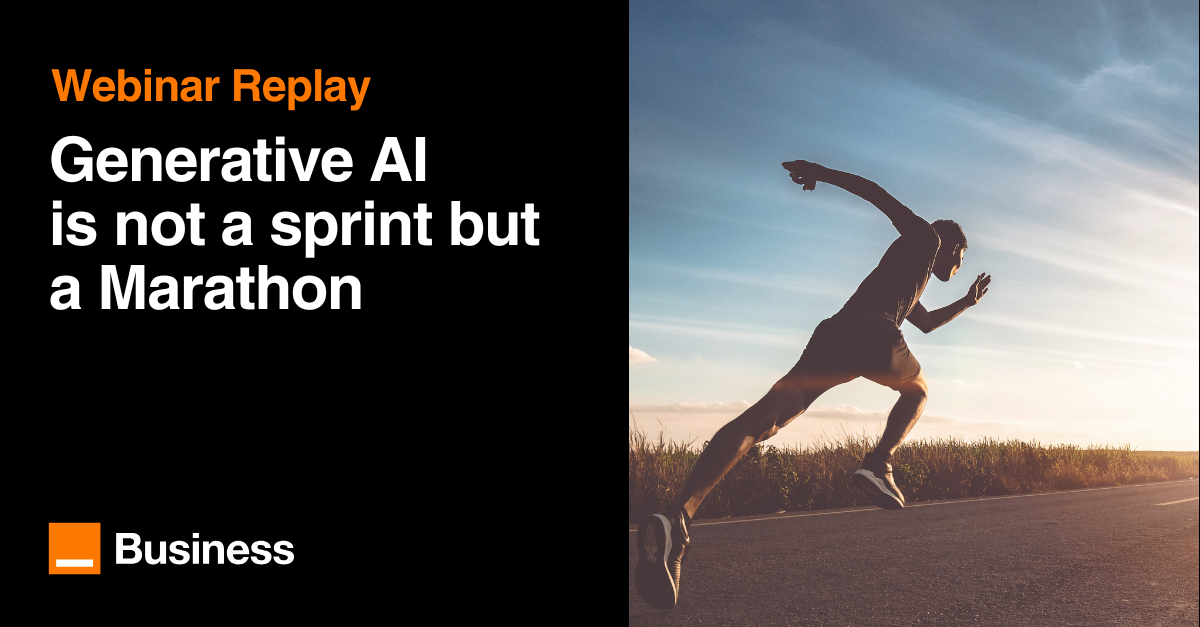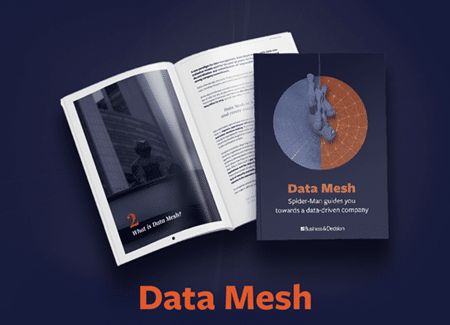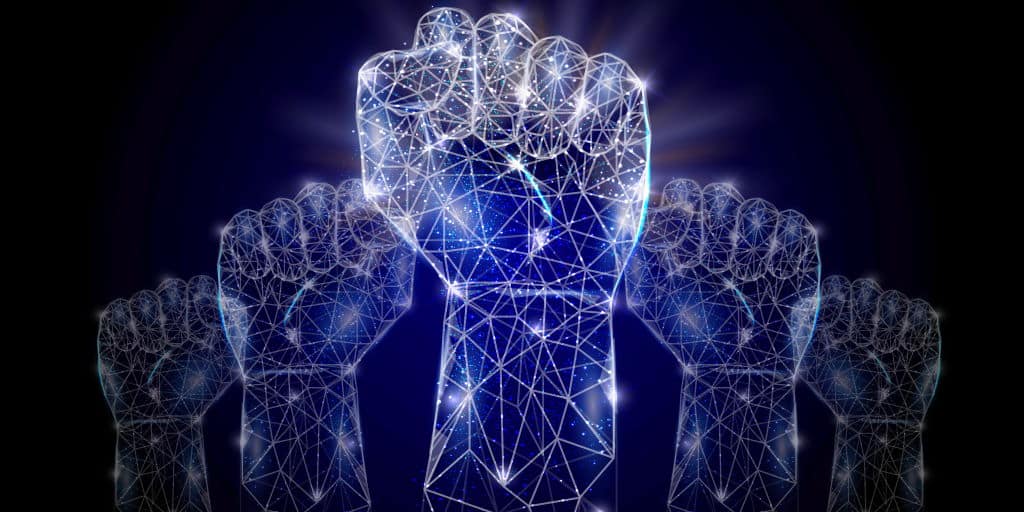In mainland France, more than 6 million people are deaf, hearing-impaired, or have speech difficulties caused, for example, by stroke or tracheotomy. It is difficult for them to call the emergency services successfully in France, and impossible to do so quickly. This is what led to the development of the SMS-IRAUDA application.

Did you know that it takes more than 10 minutes and 10 text messages for someone who is deaf or hearing-impaired or who has speech difficulties to convey their request properly, and for the emergency services to take action? (Source CNR 114). An eternity that can be fatal in extreme cases.
And these 6 million people are not the only ones who have difficulties in calling the emergency services fast. Tourists may have problems in identifying their location, and people with little French, very young children, or athletes training outdoors can all be affected.
Reducing emergency response time
i-Phone screenshots

The idea was to design a simple application with an interface that was readily understood by the target population with their particular needs. This application also had to enable the emergency services to correctly identify and deploy the appropriate resources. And to reduce the 10 texts and 10 minutes to as close as possible to one text and one minute, which can make an enormous difference.
Business & Decision supported IRAUDA and developed the SMS-IRAUDA application enabling people who are deaf or hard of hearing to send a text message to the emergency services very fast, using icons representing emergency situations (fire, injury, etc.).
Designed with the help of two firemen in the Val d’Oise, and with the approval of SDIS 95, the application draws on the experience of these professionals on the ground. The application includes most of the usual reasons for calling the emergency services in the form of interactive pictograms and allows users to send the location of the incident using the telephone’s GPS.

The key challenge: creating a clear intuitive interface for target users
The concept-creation and design of the interactive pictograms was one of the main challenges in developing the app. It was essential for the symbols to be clear and intuitive, for all the target users.
A good deal of work was carried out directly with deaf and non-speaking people in order to determine with them the best symbols to use to convey the right key-words (symptoms, help needed, situation, etc.) behind the pictograms.
In practice, a person wanting to call for help starts by choosing the reason for the request: help for a sick person, fire / gas, road accident, other / miscellaneous. The app then asks for more details about the person needing assistance – for example, is the person pregnant, injured, or unconscious? Have they collapsed, had a fall, had a heart attack?
A service rolled out throughout mainland France
This service is currently available only in mainland France. First launched in 2012, SMS-IRAUDA has required a significant update. This update, now complete, was necessary in order to remain compatible with the iOS operating system, the only system on which the app is currently available. It has been tested on five-year-old children, and also enables elderly people or people with speech problems to send a request for emergency assistance.
In accordance with the equal opportunities Law no 2005-102 of 11 February 2005 and the Decree of 14 April 2008 on the handling of emergency calls from people with hearing difficulties, all the messages sent by the SMS-IRAUDA app are sent to 114, the single free national emergency number in mainland France.
Professionals in the field have reported many success stories testifying to the effectiveness of the application.















Your email address is only used by Business & Decision, the controller, to process your request and to send any Business & Decision communication related to your request only. Learn more about managing your data and your rights.